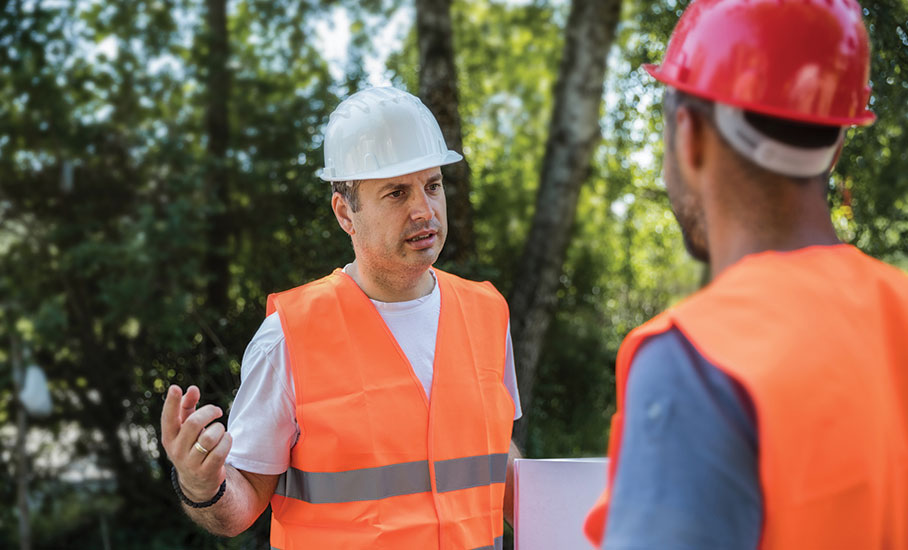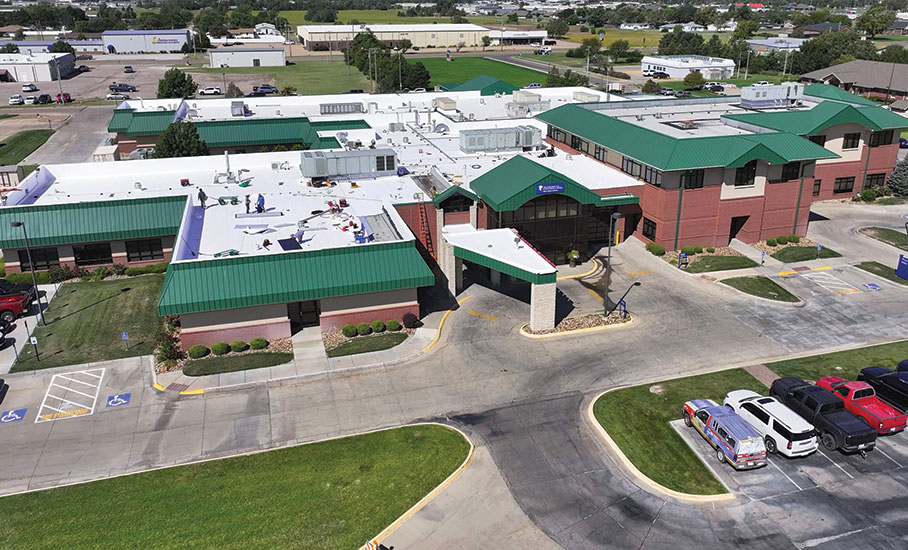
Whether on a rooftop or in the office, it is common for employees to say they work in a “mean” workplace. According to a study conducted by the Society for Human Resource Management in January, 60% of workers surveyed believe society at large is uncivil, and 71% of workers say their managers or supervisors could have done more to prevent incivility in the workplace.
Those are higher numbers than any company should be willing to accept, especially when the costs of incivility to businesses is nearly $2 billion per day in lost productivity, according to SHRM data.
But fixing this problem isn’t easy. In the Harvard Business Review article “What It Takes to Fix a ‘Mean’ Workplace,” authors Laura Cassiday and David Rock write: “Part of the problem is that behaviors considered uncivil vary with individuals, cultures and power dynamics.”
And figuring out how to navigate these differences can be challenging because the minute someone becomes triggered by a co-worker, the reaction itself could be considered equally uncivil and the two become locked into an endless cycle of hurt feelings, anger and resentment.
You should encourage your employees to pause before responding to someone they perceive as being uncivil.
Cassiday and Rock explain: “[By pausing], you can remind yourself to avoid speaking or acting automatically since you’re likely suffering from a reduced ability to focus, make decisions and collaborate.”
They also suggest people identify what is causing a defensive, negative response. For example, are they feeling their status is threatened? Or maybe they feel as though they are being labeled unfairly or someone is second-guessing their skills and abilities. Regardless of the reason, naming an emotion can help diffuse a volatile response and break a negative cycle. Once a cycle is broken, encouraging parties to proceed as professionally as possible is important. They do not have to be friends or even like each other, but they need to be polite and try to foster a sense of mutual respect.
Cassiday and Rock remind supervisors they are the ones who can help set the stage for a civil workplace.
“By role modeling … civility and managing our own emotions and responses, we can help set ourselves and our colleagues on the pathway toward respect,” they write.

AMBIKA PUNIANI REID
Editor of Professional Roofing
Vice president of communications
NRCA



